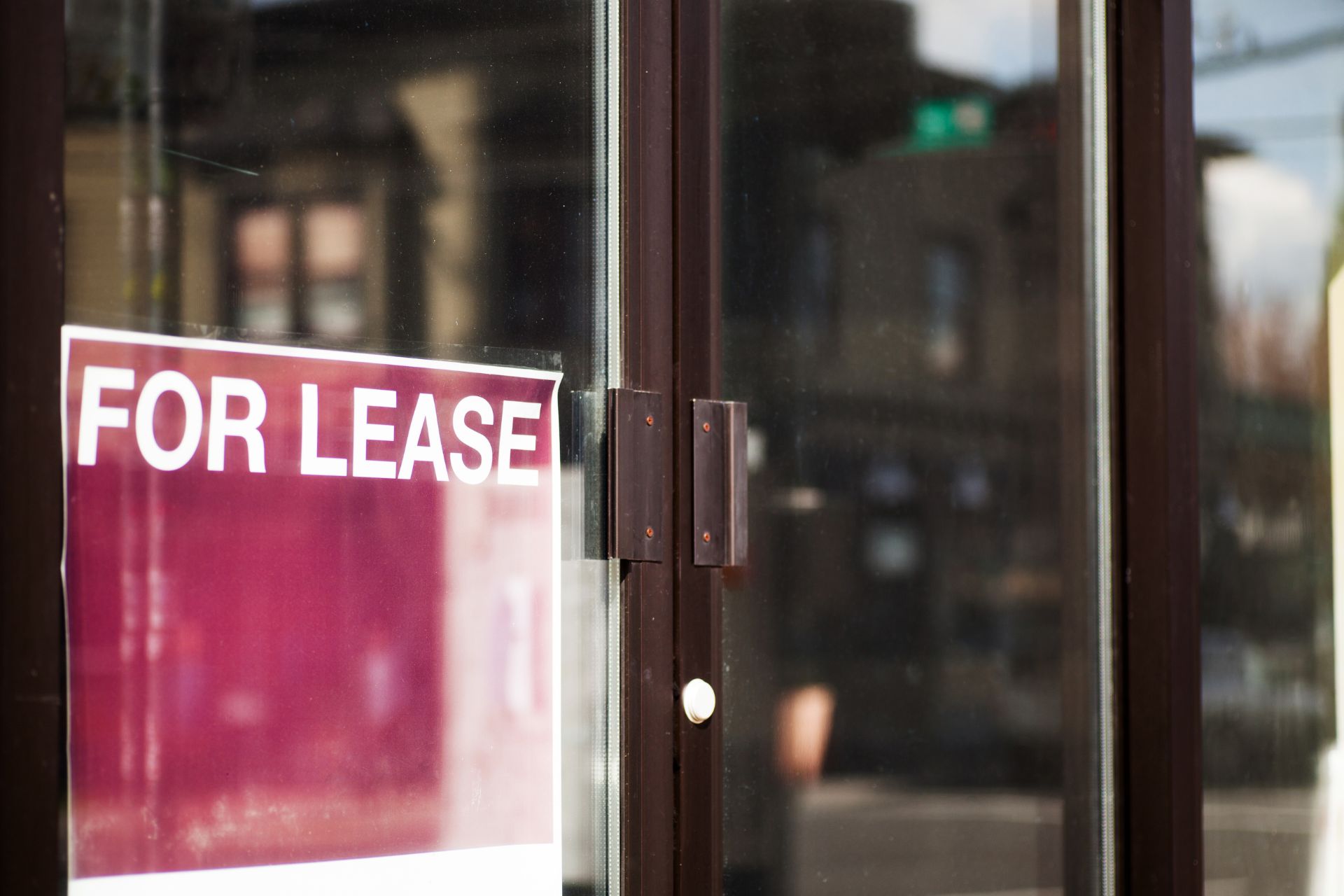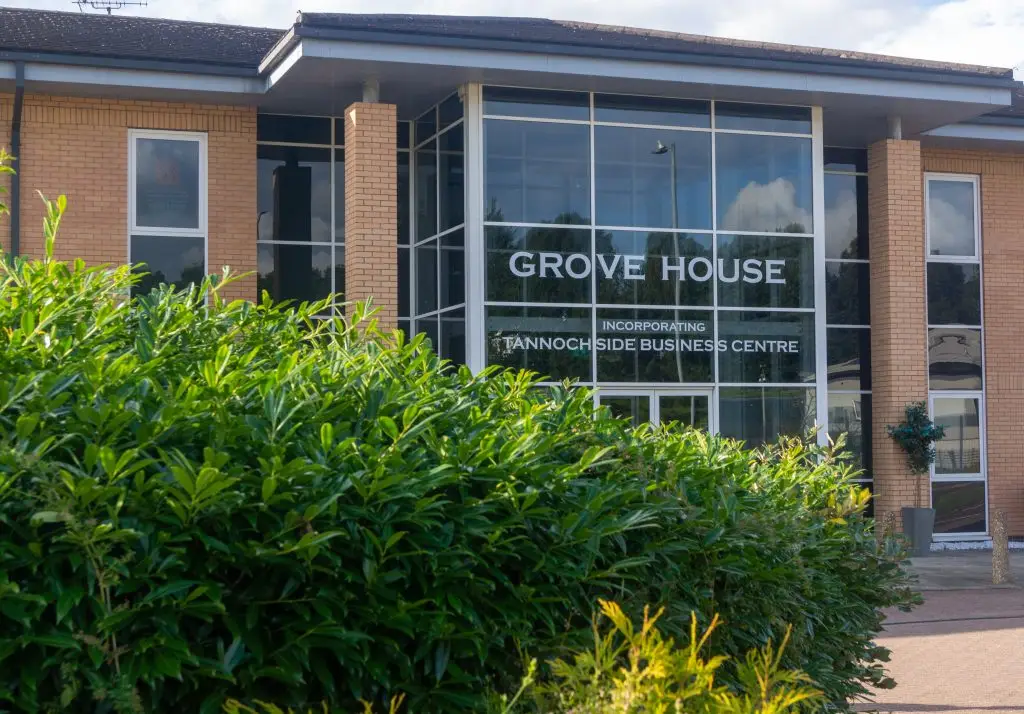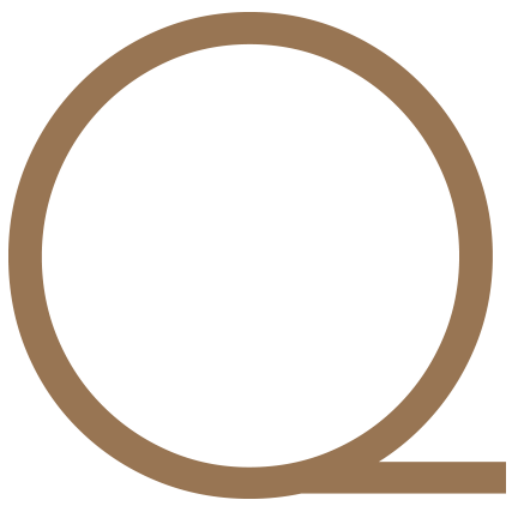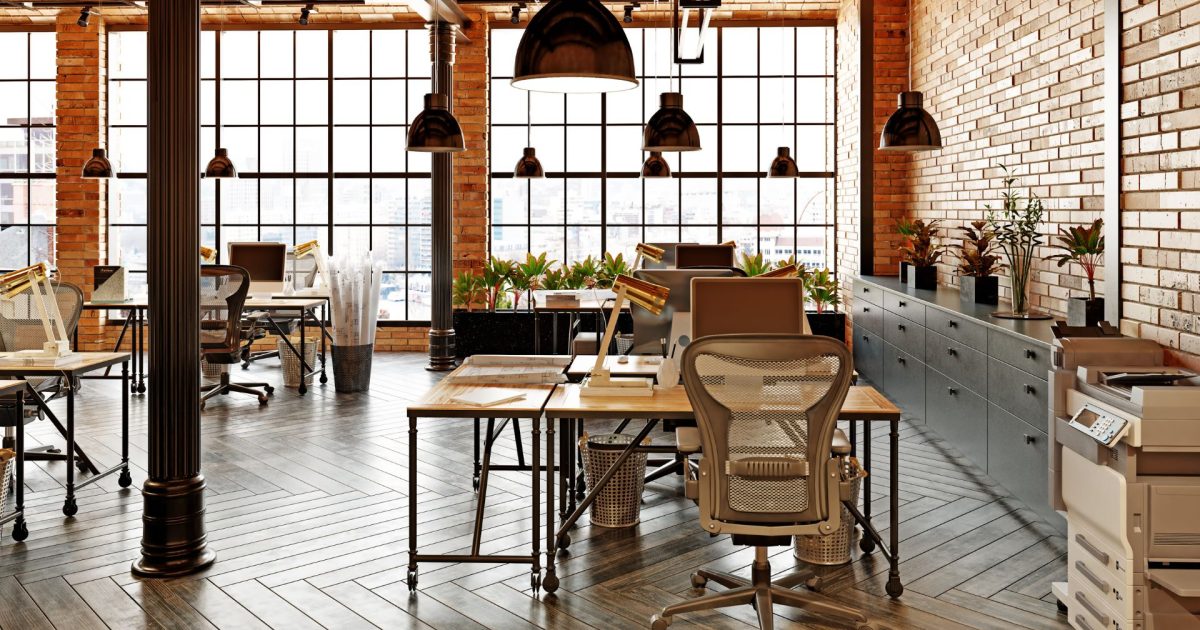When setting up a business in Scotland, one of the most important decisions you’ll make is how you secure your workspace. While it’s tempting to focus on location, design, and amenities, the legal basis of your occupation—whether through a lease or a licence—can make just as much difference to your day-to-day operations.
For many professionals and business owners, the terms “lease” and “licence” sound interchangeable. In reality, they carry very different rights, responsibilities, and levels of flexibility. Understanding the difference can help you avoid unwelcome surprises and make sure your workspace arrangement suits both your immediate needs and long-term plans. In this article, we’ll explore the key distinctions and what they mean for your business.
What Exactly Is a Lease?
A commercial lease is a formal agreement that grants a tenant the right to occupy a property exclusively for an agreed period of time. In practical terms, this means the tenant has security of tenure: the space is theirs to use, customise, and control without interference. For many businesses, this exclusivity is invaluable—it creates a sense of permanence and provides the stability to invest in the workspace confidently.
Leases are legally binding documents, often running for several years at a time. With that security comes added responsibility: tenants are usually expected to cover rent, maintenance, insurance, and sometimes even repairs to the property. While these obligations can feel weighty, they are offset by the certainty of knowing the premises cannot be taken away on short notice. For established firms, this predictability supports long-term planning and strategic growth.
Beyond practical use, leases also carry a sense of credibility. Having a dedicated, leased office can strengthen a company’s professional image with clients, investors, and partners. It signals commitment and stability—qualities that can be especially important in competitive industries. For businesses ready to put down roots, a lease is often seen as a cornerstone of their future operations.
What Exactly Is a Licence?
A licence, by comparison, is a more informal and flexible arrangement. Rather than granting exclusive possession, it provides permission to occupy or use a space under agreed conditions. This means the landlord retains greater rights over the property, and the tenant does not have the same level of control as with a lease. Licences are especially popular among businesses that value adaptability, such as startups, freelancers, or teams running short-term projects.
Typically shorter in duration, licences are easier to enter into and exit from. Instead of being locked into multi-year commitments, businesses can take advantage of rolling or fixed-term agreements that match their current stage of growth. While this flexibility is a huge plus, it comes at the cost of security—there’s no guarantee you’ll be able to stay in the same space long term if circumstances change.
Despite the lighter legal protection, licences appeal to companies looking for cost-effective and convenient solutions. Many serviced offices, coworking hubs, and flexible workspace providers operate on a licence basis, rolling utilities, internet, and maintenance into a single monthly payment. For businesses that prioritise convenience and agility over permanence, a licence offers a straightforward way to secure professional space without the complications of a lease.
Key Differences Between Leases and Licences

At first glance, leases and licences can appear almost identical—they both let you occupy a space and outline the conditions of that arrangement. But dig a little deeper, and the differences quickly become clear. The type of agreement you choose affects not only how you use the premises, but also your legal rights, financial commitments, and overall flexibility as a business. Understanding these distinctions is essential if you want to avoid surprises and make a decision that genuinely supports your team’s needs.
1) Exclusivity
A lease gives you exclusive possession of the premises, meaning you control who comes in and how the space is used. This exclusivity provides a stronger sense of ownership and independence, allowing you to customise your office layout and operate without interference from the landlord. For many businesses, especially those requiring confidentiality or secure operations, this level of control is a major advantage.
With a licence, however, exclusivity is not guaranteed. The landlord often retains rights of access and may allow other occupants to share facilities or even parts of the same building. While this can work well in flexible environments such as coworking spaces, it means you have less authority over the space itself. For some businesses this trade-off is acceptable, but for others it may cause friction over privacy and control.
2) Duration
Leases are generally designed to last for the long haul. They often span several years, offering stability and predictability that businesses can build upon. This long-term commitment allows tenants to invest in the premises, whether that’s fitting out an office to suit their brand or cultivating a professional base clients can rely on. The security of a lease makes it easier to plan ahead with confidence.
Licences, on the other hand, are intentionally shorter and more adaptable. Agreements might run for only a few months or operate on rolling terms, giving businesses the ability to expand, downsize, or relocate quickly. While this flexibility is attractive for companies in fast-moving industries, the downside is uncertainty—you may have to vacate sooner than you’d like, or renegotiate if the landlord changes terms.
3) Legal Protection
One of the biggest distinctions lies in legal protection. With a lease, tenants enjoy stronger rights under the law. If a landlord fails to meet their obligations—such as repairing the property or respecting exclusive possession—the tenant has legal remedies available. This provides a degree of security and reassurance that the arrangement is not just at the landlord’s discretion.
Licences, by contrast, offer far fewer safeguards. Because the arrangement is less formal, tenants have limited recourse if issues arise. Much of the relationship depends on trust and the goodwill of the property owner. While this isn’t always problematic—many landlords are fair and supportive—it does leave businesses more vulnerable compared to the stronger protections built into a lease.
Costs and Budgeting Considerations
Budget is one of the first practical factors businesses look at when weighing up leases versus licences. Leases often come with higher initial expenses, including legal fees for drafting and reviewing contracts, deposits to secure the property, and sometimes stamp duty land tax depending on the rental value and term. On top of that, tenants are typically responsible for ongoing maintenance, insurance, and service charges. For smaller companies or startups, these costs can feel daunting and may stretch cash flow in the early stages.
In contrast, licences tend to simplify financial planning. Most are structured as all-inclusive monthly payments that cover rent, utilities, cleaning, and even reception services in some cases. This model appeals to businesses that want predictability and fewer line items on their balance sheet. With one straightforward payment, it’s easier to budget month by month without worrying about hidden extras or unexpected bills landing mid-year.
That said, convenience doesn’t always equal better value in the long run. A lease, despite its upfront expenses, can sometimes work out cheaper per square foot over several years, particularly if rents rise during your term. Licences may cost more on a per-month basis, and because they’re short term, you don’t always benefit from locking in today’s rates. Weighing up short-term affordability against long-term financial security is key to choosing the right option.
Flexibility vs. Security

When deciding between a lease and a licence, the question often boils down to whether you value flexibility or security more highly. A lease provides security of tenure: your space is guaranteed for the length of the contract, giving you the confidence to invest in fit-outs, branding, and infrastructure. This permanence can be especially valuable for client-facing businesses that need a consistent address to maintain credibility.
A licence, however, offers the freedom to adapt at speed. Need to upsize because your team is doubling in size? Or downsize after a project finishes? A licence allows you to make those changes with minimal fuss, often on short notice. This kind of agility is particularly attractive for startups, project-based teams, or businesses exploring new markets where conditions change quickly and certainty is less important than responsiveness.
Ultimately, the decision is about balance. Some companies will thrive with the stability of a lease, using it as a foundation to grow steadily over time. Others will find that the adaptability of a licence supports innovation and reduces risk during uncertain phases of their journey. By understanding where your business sits on the spectrum between stability and agility, you’ll be better placed to choose the arrangement that matches your strategy.
Common Scenarios and Examples
While the technical differences between leases and licences are important, sometimes it’s easier to understand their impact by looking at real-life business situations. Different organisations have different priorities—some value stability and a permanent base, while others need the ability to move quickly or keep overheads flexible. By considering a few common scenarios, you can see how the choice between a lease and a licence plays out in practice.
1) Established Firms
Established firms, such as law practices or accountancy firms, often find leases the most suitable option. A lease allows them to secure a prestigious address in a central location, giving clients confidence and reinforcing their professional image. With long-term contracts, these firms can invest in tailored interiors and infrastructure without worrying about losing access to the space after just a few months.
The stability of a lease also supports operational planning. Firms with a steady client base benefit from knowing exactly where they’ll be for years to come, allowing them to focus on growth, recruitment, and service delivery rather than relocation. For businesses that value permanence and predictability, a lease is often the obvious choice.
2) Startups
Startups are at the opposite end of the spectrum. A licence provides them with the freedom to occupy space without being locked into a long contract. This is especially important in the early growth phase, where team sizes can change rapidly, and funding cycles may influence how much space they need. A serviced office or coworking hub operating on a licence basis keeps commitments low while offering professional facilities.
By avoiding large upfront costs and long-term obligations, startups can focus their resources on innovation, marketing, and customer acquisition. If they need to move, expand, or downsize, licences make it easy to adapt without the stress of negotiating an early exit from a lease. Flexibility is the main benefit here, ensuring startups can evolve without their workspace holding them back.
3) Project-Based Teams
For companies working on fixed-term projects—such as construction consultancies, film production crews, or IT contractors—licences can be a game-changer. They allow teams to set up quickly in a convenient location, get the job done, and then move on without long-term ties. This flexibility keeps costs aligned with project timelines and prevents businesses from paying for unused space.
In addition, licences often provide access to shared amenities such as meeting rooms, breakout areas, and high-speed internet, all bundled into a simple monthly payment. For project-based teams, this removes the hassle of sourcing and managing services separately, letting them concentrate fully on delivering the project. Once the work is complete, they can walk away with no strings attached.
How Quintessential Offices Can Help

Choosing between a lease and a licence isn’t just about legal definitions—it’s about how your business operates day to day. Some companies thrive on stability, while others need the freedom to pivot quickly without being tied down. At Quintessential Offices, we understand that no two businesses are alike. That’s why we specialise in creating tailored workspace solutions across Scotland, helping organisations align their operational style with the right agreement.
Whether you’re seeking the long-term assurance of a lease or the flexibility of a licence, we provide options that balance convenience, cost, and scalability. Our portfolio ranges from prestigious city-centre offices designed for established firms to agile, serviced spaces ideal for growing startups and project-based teams. With flexible memberships and transparent terms, we give you the freedom to choose a setup that supports your business today—while leaving room for tomorrow’s growth.
What sets us apart is our commitment to making the process simple. From handling the paperwork to advising on space planning, we take care of the details so you can stay focused on running your business. By partnering with Quintessential Offices, you gain more than just a workspace—you gain peace of mind. The result is a workplace that fits your team’s culture, backed by an agreement that works with your long-term plans, not against them.
Summary
Leases and licences in Scotland may look similar on the surface, but they serve very different business needs. A lease offers security, stability, and the chance to make a long-term investment in your space, while a licence focuses on flexibility, ease, and the freedom to adapt quickly. Choosing the right path depends on your company’s size, stage of growth, and appetite for certainty versus agility.
At Quintessential Offices, we help businesses strike that balance by offering flexible workspace solutions tailored to both short-term projects and long-term commitments. Whether you’re seeking the reassurance of a permanent base or the agility of a short-term contract, our memberships are designed to keep your business moving forward. Contact us today to explore a workspace that truly fits your plans.






